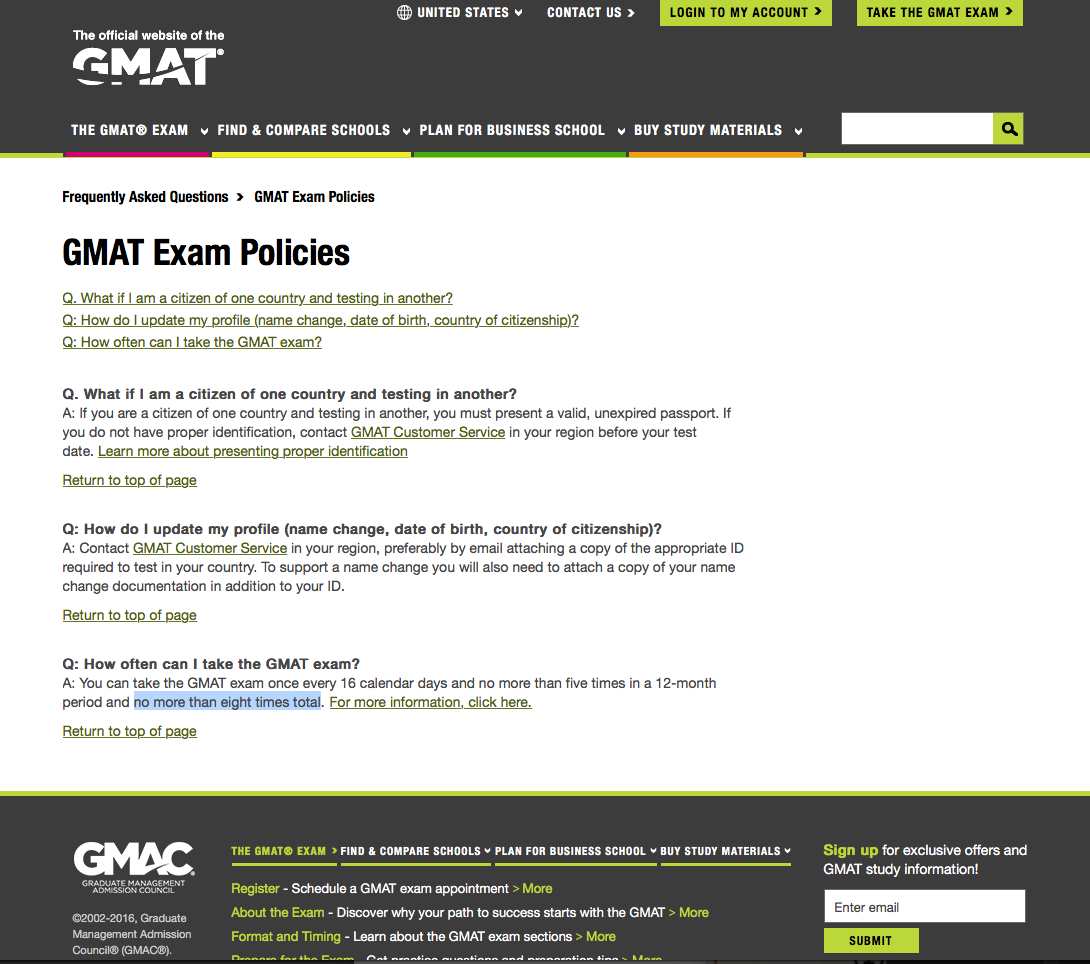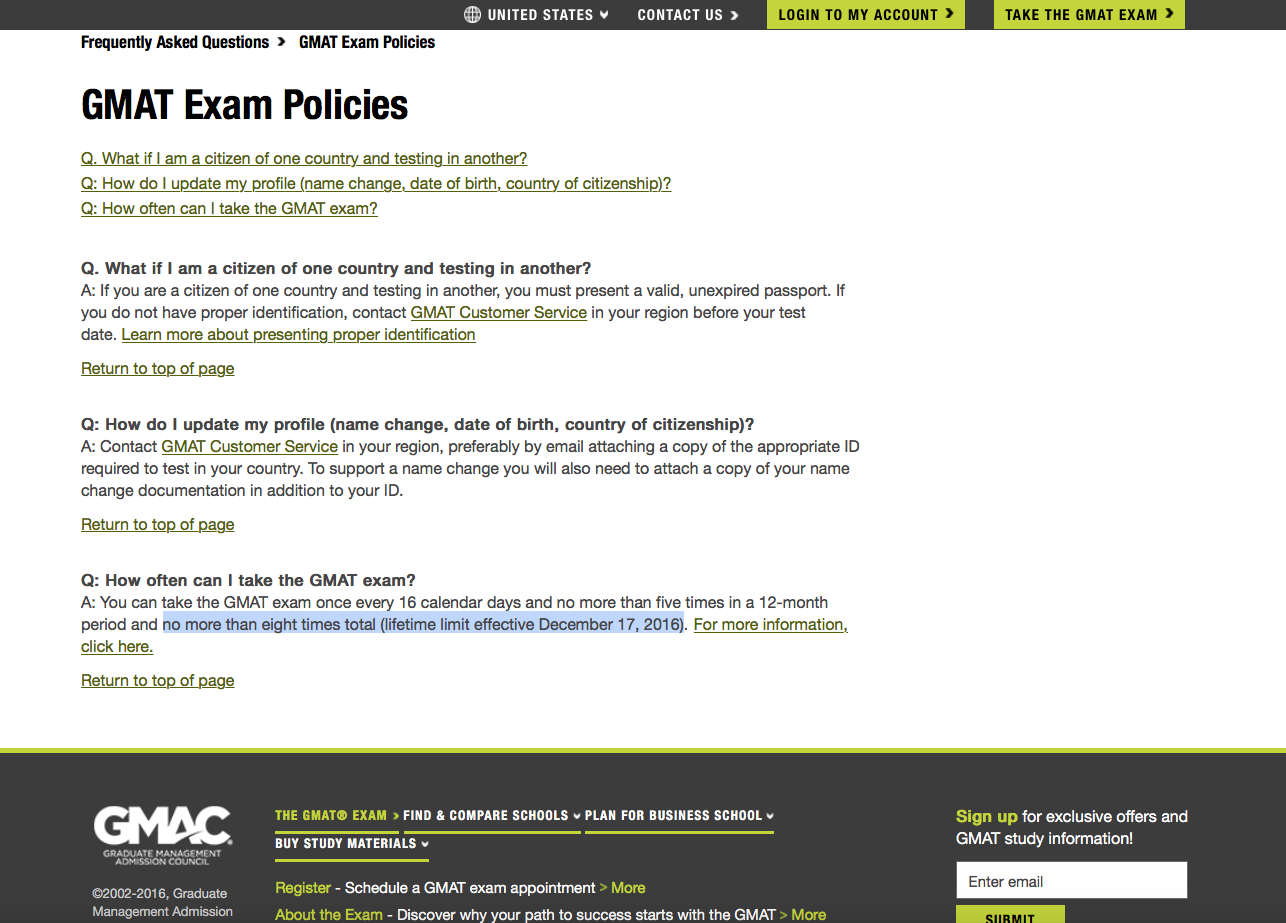Events & Promotions
|
|

GMAT Club Daily Prep
Thank you for using the timer - this advanced tool can estimate your performance and suggest more practice questions. We have subscribed you to Daily Prep Questions via email.
Customized
for You
Track
Your Progress
Practice
Pays
Not interested in getting valuable practice questions and articles delivered to your email? No problem, unsubscribe here.
- Nov 20
07:30 AM PST
-08:30 AM PST
Learn what truly sets the UC Riverside MBA apart and how it helps in your professional growth - Nov 22
11:00 AM IST
-01:00 PM IST
Do RC/MSR passages scare you? e-GMAT is conducting a masterclass to help you learn – Learn effective reading strategies Tackle difficult RC & MSR with confidence Excel in timed test environment - Nov 23
11:00 AM IST
-01:00 PM IST
Attend this free GMAT Algebra Webinar and learn how to master the most challenging Inequalities and Absolute Value problems with ease. - Nov 25
10:00 AM EST
-11:00 AM EST
Prefer video-based learning? The Target Test Prep OnDemand course is a one-of-a-kind video masterclass featuring 400 hours of lecture-style teaching by Scott Woodbury-Stewart, founder of Target Test Prep and one of the most accomplished GMAT instructors.
mcelroytutoring
 Expert
Expert
Tutor
Joined: 10 Jul 2015
Last visit: 15 Nov 2025
Posts: 1,204
Given Kudos: 282
Status:Expert GMAT, GRE, and LSAT Tutor / Coach
Affiliations: Harvard University, A.B. with honors in Government, 2002
Location: United States (CO)
Age: 45 (10 years and counting on GMAT Club!)
GMAT 1: 770 Q47 V48

GMAT 2: 730 Q44 V47

GMAT 3: 750 Q50 V42

GMAT 4: 730 Q48 V42 (Online)

GRE 1: Q168 V169

GRE 2: Q170 V170

Expert reply
Originally posted by mcelroytutoring on 06 Dec 2016, 20:09.
Last edited by mcelroytutoring on 26 Sep 2021, 12:40, edited 3 times in total.
Last edited by mcelroytutoring on 26 Sep 2021, 12:40, edited 3 times in total.
Kudos
Bookmarks
Big news for those of you (like me) who have taken the GMAT several times: the GMAC has announced a lifetime limit of 8 GMATs! For some of us who have already met or exceeded the 8-exam limit, this announcement means an effective banishment from taking the GMAT ever again.
It buried the news in a blog post from June 2015: https://www.mba.com/us/the-gmat-blog-hub/the-official-gmat-blog/2015/june/july-19-new-gmat-exam-features. This new rule is also mentioned at the very end of the Test Policies page.
As a GMAT tutor, I'm disappointed. I enjoyed taking the test at least once a year to stay sharp and up-to-date, and it seems unfair to have an upper limit.


It buried the news in a blog post from June 2015: https://www.mba.com/us/the-gmat-blog-hub/the-official-gmat-blog/2015/june/july-19-new-gmat-exam-features. This new rule is also mentioned at the very end of the Test Policies page.
As a GMAT tutor, I'm disappointed. I enjoyed taking the test at least once a year to stay sharp and up-to-date, and it seems unfair to have an upper limit.


Kudos
Bookmarks
This is a surprising move  . But very few people – I presume only GMAT instructors will probably fall in the category of 8 attempts or more. So the loss in revenue for GMAC will be negligible. But I am still unable to figure out why GMAC took such a move at the first place.
. But very few people – I presume only GMAT instructors will probably fall in the category of 8 attempts or more. So the loss in revenue for GMAC will be negligible. But I am still unable to figure out why GMAC took such a move at the first place.
Kudos
Bookmarks
How did you find out? Did you try registering for the test? Just curious.
I am surprised as well. I may have seen it when it was released during the introduction of the 16-day rule (and 5 times a year rule) but probably discarded mentally since the 5 times a year is likely to be the kicker for most applicants.
Nevertheless, limitations are never great.
I am surprised as well. I may have seen it when it was released during the introduction of the 16-day rule (and 5 times a year rule) but probably discarded mentally since the 5 times a year is likely to be the kicker for most applicants.
Nevertheless, limitations are never great.

















